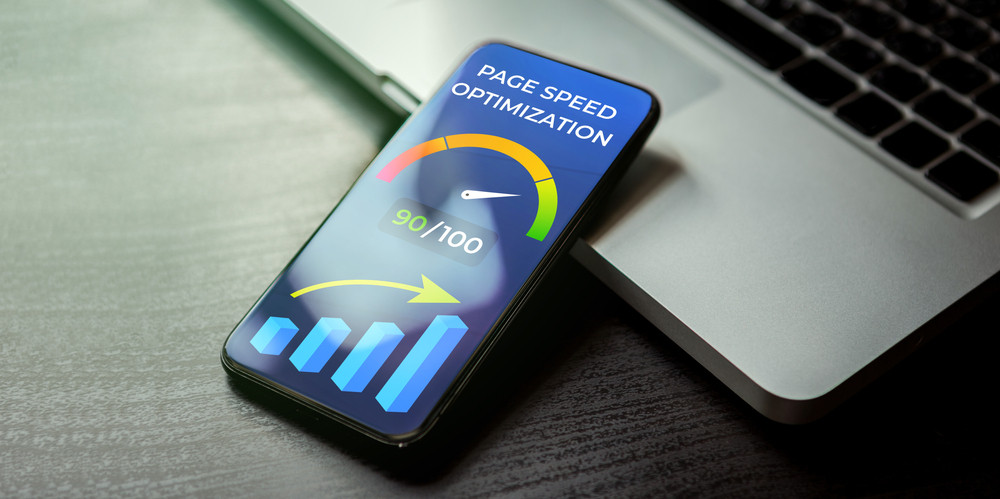
Introduction
In the digital landscape, speed is of the essence. The speed at which a webpage loads can significantly impact both user experience and search engine optimization (SEO). At ULEGENDARY DIGITAL, we understand the critical role that page speed plays in the success of a website. In this comprehensive blog post, we will delve into the importance of page speed in user experience and SEO, and how it can make or break your online presence.
Understanding Page Speed
Page speed, also known as "page load time", refers to the amount of time it takes for the content on a webpage to fully display. It's a crucial aspect of web design and development that can directly influence user engagement, conversion rates, and even your website's visibility on search engine results pages (SERPs).
Page Speed and User Experience
The impact of page speed on user experience cannot be overstated. Here's why:
- User Engagement: Web users are notoriously impatient. A slow-loading page can lead to high bounce rates as users are likely to abandon the site and move on to a faster one. A fast-loading website, on the other hand, can enhance user engagement and keep visitors on your site longer.
- Conversion Rates: Page speed can directly impact your site's conversion rates. If your site takes too long to load, potential customers might abandon their purchase. Conversely, improving your site's speed can lead to higher conversion rates.
- Mobile Experience: With the increasing use of mobile devices to access the internet, page speed has become even more critical. Mobile users expect quick, seamless access to information, making page speed a crucial factor in the mobile user experience.
Page Speed and SEO
Page speed is not just a matter of user experience; it's also a significant factor in SEO. Here's how:
- Search Engine Ranking: Google has made it clear that page speed is a ranking factor in its search algorithm. This means that slower-loading pages may be ranked lower in SERPs, reducing the visibility of your site.
- Crawl Rate: Page speed can also affect your site's crawl rate. Search engines have a crawl budget, and if your site is slow to load, they might crawl fewer pages, which could negatively impact your indexation.
- User Signals: Search engines consider user signals, like bounce rate and time spent on page, in their algorithms. Slow page speed can lead to poor user signals, which can negatively impact your SEO.
Optimizing Page Speed with ULEGENDARY DIGITAL
At ULEGENDARY DIGITAL, we recognize the importance of page speed and work diligently to optimize it. Here's how we approach page speed optimization:
1. Efficient Coding
We ensure that our coding is efficient and clean, eliminating any unnecessary characters, unnecessary spaces, or redundant code that could slow down the page.
2. Optimizing Images
We optimize all images on the site, ensuring they are the correct format and size. This reduces load times without compromising on the quality of the visuals.
3. Leveraging Browser Caching
We leverage browser caching, which allows repeat visitors to load your site more quickly because the browser can load the page without sending another HTTP request to the server.
4. Minimizing Redirects
We keep redirects to a minimum, as each one can cause an additional HTTP request-response cycle, increasing the time it takes for the page to load.
Conclusion: Speed Up Your Success with ULEGENDARY DIGITAL
Page speed plays a crucial role in both user experience and SEO, making it a critical factor in the success of your website. At ULEGENDARY DIGITAL, we are committed to optimizing page speed, ensuring a seamless user experience, and improving your site's visibility in search engine results.





